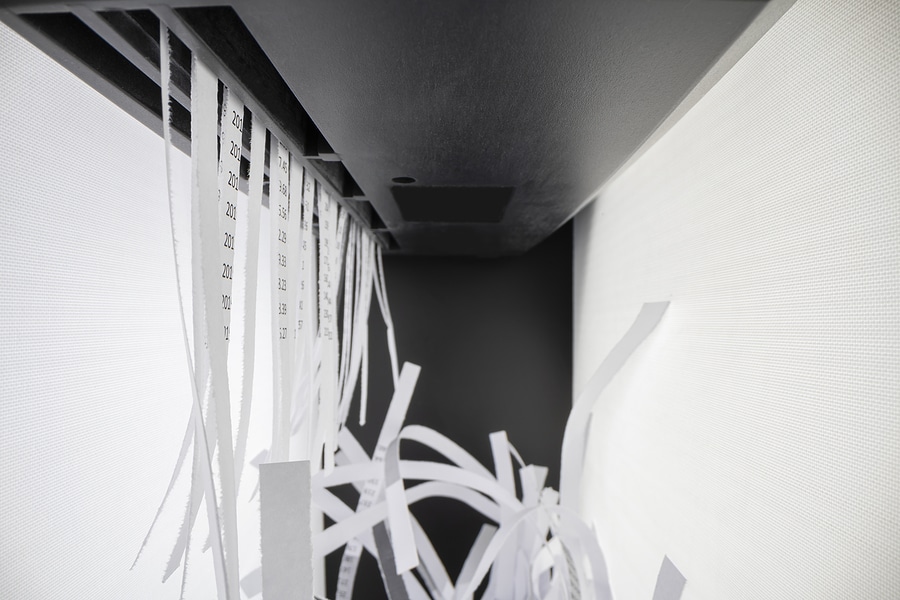The Danger of Being Careless about Document Shredding in a Medical Office

With the growth of electronic medical records (EMRs), many healthcare practices and facilities are moving away from purely physical records and into the realm of digital record keeping. This is made possible by advances in technology that ensure secure storage and access to digital records for healthcare professionals and patients alike.
That said, many offices are still caught somewhere in the middle, using a hybrid system that includes confidential medical records in both hard copy and digital formats. With so much emphasis placed on the protection of digital data, it can be easy to let outdated paper records gather dust. However, because of the sensitive nature of these records, your South Dakota business really can’t afford to let them linger.
When you update to an EMR system for gathering and storing patient data, it’s imperative that you scan in old, paper records and dispose of them properly, in keeping with consumer privacy laws, as well as the Health Insurance Portability and Accountability Act (HIPAA). Why is this so important?
Comply with Legal and Ethical Obligations
First, you have a responsibility to protect the confidential data patients entrust to you, and this is more than simply an ethical concern – it’s a legal obligation. All businesses are required to comply with consumer privacy laws at the federal, state, and sometimes even local level. This means protecting any sensitive data that patients provide, from contact information to SSNs and insurance information.
However, you are also beholden to HIPAA, which specifically addresses the highly confidential nature of medical information. Medical data is considered among the most personal, and since medical records may contain SSNs, billing information, and more, they could be very valuable to thieves. In some cases, medical data could potentially be used for blackmail purposes. This is why the standards for protecting it are so high.
Healthcare businesses that are no longer using hard copies should therefor eliminate this risk factor for data theft by conducting proper shredding once older records have been scanned for digital storage. With professional shredding services that comply with all applicable rules and regulations on your behalf, you never have to worry about hard copies falling into the wrong hands.
Protect Patient Confidentiality
The threat of government penalties should be enough to motivate you to shred your stockpile of outdated records, especially with a digital system in place. However, the main reason you should really eliminate unnecessary risk of theft is to protect your patients. If medical records are stolen, they’re the ones who are going to suffer the most, from identity theft and other potential consequences, but your business will suffer as well.
Improve Efficiency
It’s important to shred old records as a way to protect your business and your patients, but you’ll enjoy additional benefits when you go paperless in your office. By partnering with a certified ITAD service provider to shred old records, you’ll not only gain extra space in your office, but you’ll eliminate filing duties and time wasted searching for misplaced or missing documents.
You’ll also remove the need to task overqualified staffers with in-house documents shredding, freeing up your team to devote more time to patient interactions and care. This, in turn, will save money and possibly allow you to serve more patients, increasing income simultaneously.
If your SouthDakota medical practice is ready to eliminate paper records in favor of EMRs, contact the trusted professionals at SEAM today at 605-274-7326 (SEAM) or online to learn more and request a quote.
SEAM provides IT recycling and data destruction services including onsite shredding and hard drive wiping to South Dakota, North Dakota, Minnesota, Iowa, and Nebraska.
Schedule a pickup or contact us for more information.





